Gina Miller's political party bank account to be closed
- Published
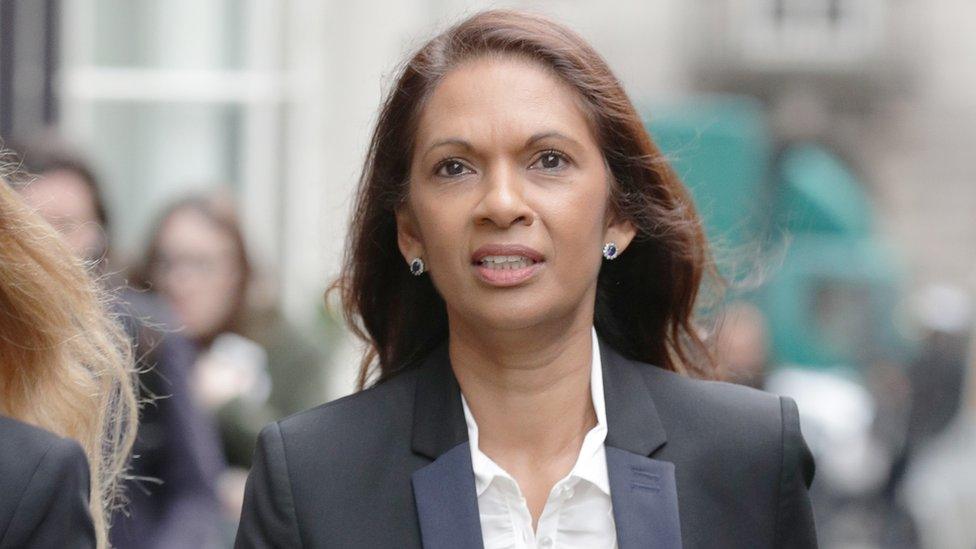
Anti-Brexit campaigner Gina Miller was told a bank account for her political party would close without explanation.
Monzo initially refused to tell Ms Miller why her "True and Fair" party account would be closed in September.
After the BBC contacted the bank about the case, it said it did not allow political party accounts and had made a mistake in allowing it to be opened.
Monzo said it recognised the experience would have been "frustrating for the customer and we're sorry for that".
Ms Miller is a businesswoman who came to public attention after twice leading successful attempts to challenge the government's handling of Brexit. In 2019, the Supreme Court ruled in her favour, finding that Boris Johnson had unlawfully suspended Parliament.
Questions over so-called "debanking" have increased in recent weeks following the well-publicised case of former Brexit Party leader Nigel Farage.
Mr Farage obtained documents which revealed that his political views had been discussed by Coutts bank in their decision to close his account.
The fallout from the row has led to both the boss of NatWest, which owns Coutts, and the chief executive of Coutts stepping down from their positions.
Ms Miller said a number of banks had turned down an application for her political party to open a bank account.
She did successfully open an account with Monzo in November 2021.
However, earlier this month, Ms Miller received an email from the bank which read: "Unfortunately we can't tell you why we're closing your account.
"We can't share the specific reason for closing your account. As a bank we regularly review and sometimes close accounts as part of our legal and regulatory responsibilities."
After the BBC contacted Monzo about the case - with Ms Miller's permission - the bank did provide an explanation.
'Functioning democracy'
A spokeswoman for the bank said: "Like lots of banks, we do not accept any political parties as Monzo Business customers in the same way that we don't currently accept trusts, clubs and a range of other organisations.
"In this case, the account wasn't originally categorised as a political party.
"After this was identified and corrected, the customer was given notice that the account would be closed. We recognise that this experience will have been frustrating for the customer and we're sorry for that."
Ms Miller said the difficulty in accessing banking facilities was a problem.
"The government has to step in," she told the BBC. "We do not have a functioning democracy if you cannot access a bank account."
Despite their differences over Brexit, Mr Farage tweeted his support, saying: "This is just plain wrong at every level. I stand with @thatginamiller."
Former cabinet minister Jacob Rees-Mogg, another prominent Brexiteer, said Ms Miller's case showed "there is something rotten in the state of British banking".
The government has been critical of NatWest after Mr Farage lost his bank account and Prime Minister Rishi Sunak said nobody should lose their bank account because of legally held political views.
There is no suggestion Ms Miller's political views were involved in this case - but she has sought more information from the bank.
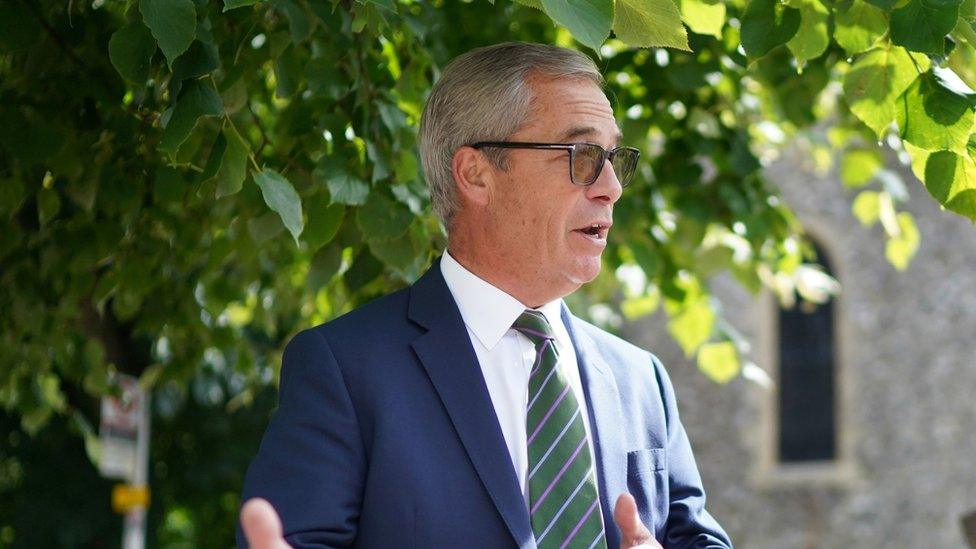
The closure of Mr Farage's account has triggered a wider debate about banking
Other politicians and campaigners have also struggled to open bank accounts - in July, Chancellor Jeremy Hunt told the Financial Times, external he believed he had been blocked from opening an account because of his public role.
The government is planning reforms which would mean banks have to give people three months' notice of bank account closures - and a full explanation of the reasons.
Ministers are also looking into the enforcement of rules around Politically Exposed Persons - a financial category which means political figures face more stringent checks.
Someone classed as a PEP is seen to present a higher risk for financial institutions as they are deemed to be more exposed to potential involvement in bribery and corruption.
City minister Andrew Griffith said earlier this week in a letter: "The government is clear that domestic PEPs should be treated in a manner which is in line with their risk, and that banks should not be closing individuals' accounts solely due to their status as a PEP."
Related topics
- Published27 July 2023
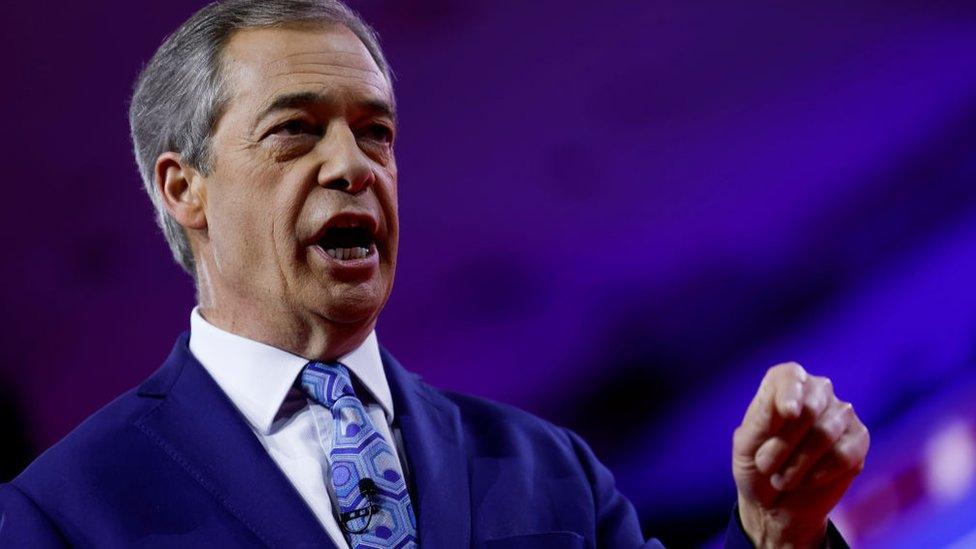
- Published26 July 2023
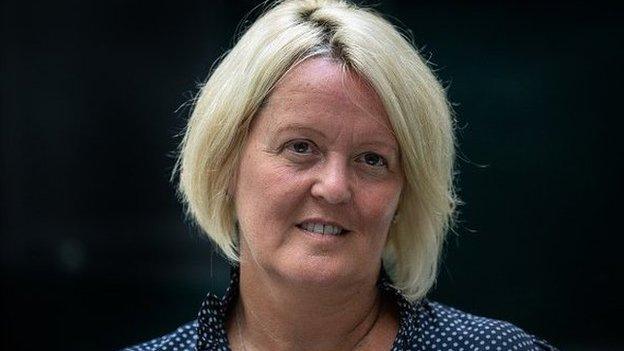
- Published26 July 2023
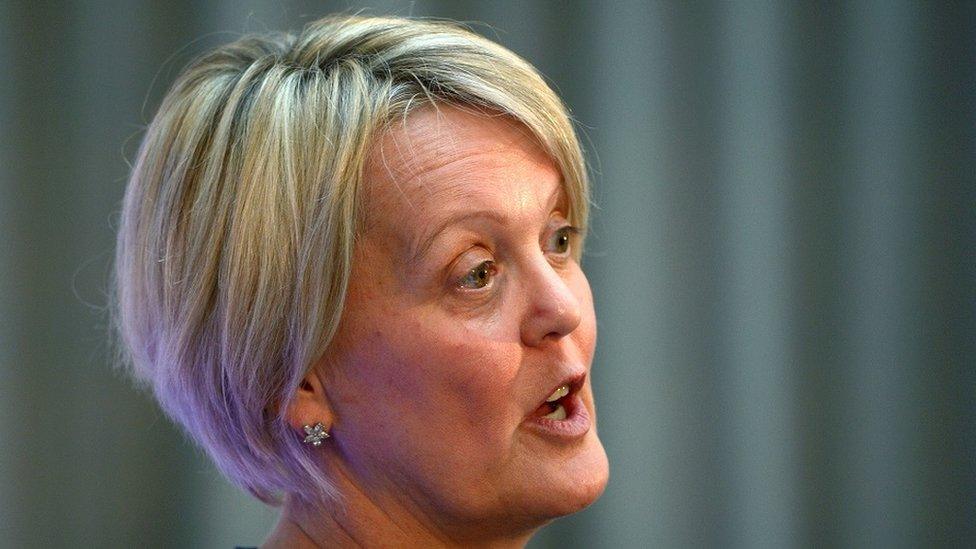
- Published26 July 2023
